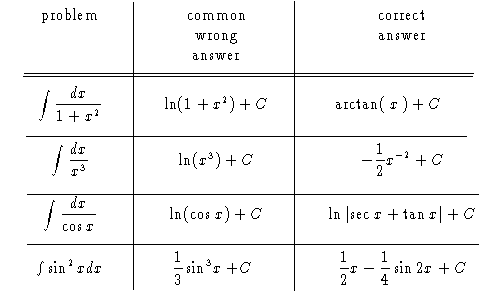Math: Getting What You Need

If you want to succeed in the modern world, you need to know some math. In many of the hottest research and technology fields, you have to know a lot of math. Corporate executives in North America constantly complain at the lack of well trained engineers and scientists within their applicant pool. Poor math skills among college graduates leads corporations to hire from abroad, and outsource jobs overseas.
This blog post relates the tale of a programmer who found that he needed to go back and brush up on his math skills. It provides suggestions for self teaching of math that can prove useful. Many of the comments following the posting are also helpful.
I think the best way to start learning math is to spend 15 to 30 minutes a day surfing in Wikipedia. It's filled with articles about thousands of little branches of mathematics. You start with pretty much any article that seems interesting (e.g. String theory, say, or the Fourier transform, or Tensors, anything that strikes your fancy. Start reading. If there's something you don't understand, click the link and read about it. Do this recursively until you get bored or tired.
Doing this will give you amazing perspective on mathematics, after a few months. You'll start seeing patterns — for instance, it seems that just about every branch of mathematics that involves a single variable has a more complicated multivariate version, and the multivariate version is almost always represented by matrices of linear equations. At least for applied math. So Linear Algebra will gradually bump its way up your list, until you feel compelled to learn how it actually works, and you'll download a PDF or buy a book, and you'll figure out enough to make you happy for a while.
Read the rest here.
One of the commenters suggested that Mathworld might be just as helpful as Wikipedia, but other commenters felt that Wikipedia was better for self-teaching math.
I agree with Steve that math is not taught well in school, generally. By the time students get to college, they are so disillusioned with math--due to poor preparation in K-12--that they opt out of the career paths that require a lot of math. Following Steve's suggestion not only gives you gradual familiarity with math topics, but by jumping into the topic daily, you reinforce the material and are more likely to retain it in a meaningful, subconscious way.
For further study online, after you have exhausted Wikipedia and Math World, go here, here, and here for links to quite a few free online math texts. Also feel free to follow links to math resources and tutorials in the right hand sidebar here.
Math geeks are very much in demand in the high tech world. Government schools are wasting a lot of potential tech workers by absurdly poor preparation in the early years, and by often substituting political indoctrination for basic learning. The way that present government schools fail to prepare students for the future is a recipe for societal suicide.
Fortunately, human ingenuity is constantly devising paths around the institutional obstacles and corruption that are a constant threat to any middle-aged society.

0 Comments:
Post a Comment
“During times of universal deceit, telling the truth becomes a revolutionary act” _George Orwell
<< Home